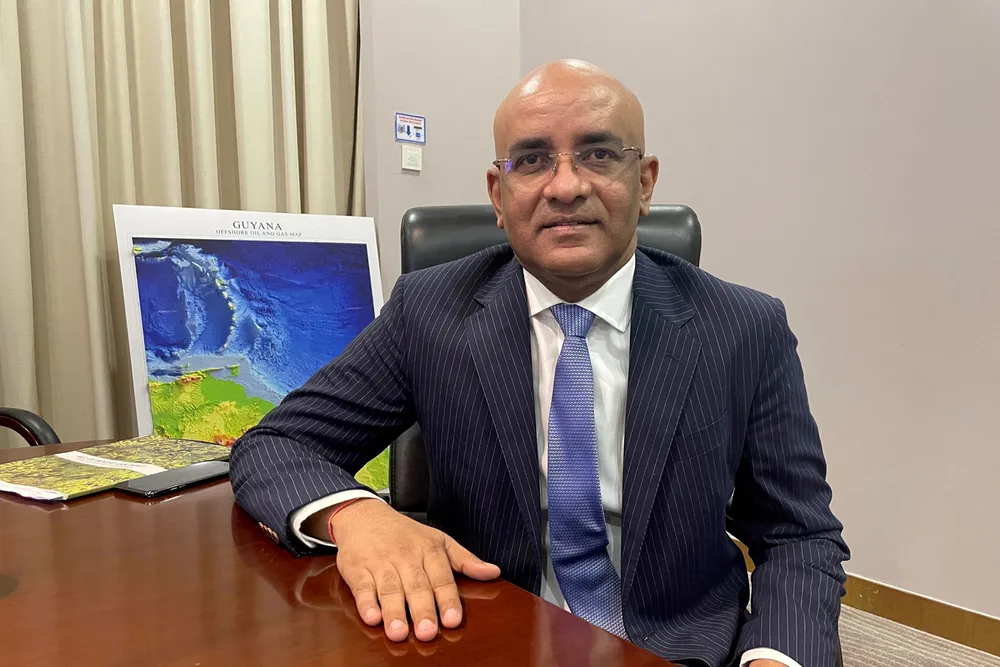ExxonMobil’s first Stabroek relinquishment is a crossroads for Guyana
Scores of offshore operators have been waiting for an opportunity to snap up acreage in Guyana

Scores of offshore operators have been waiting for an opportunity to snap up acreage in Guyana
